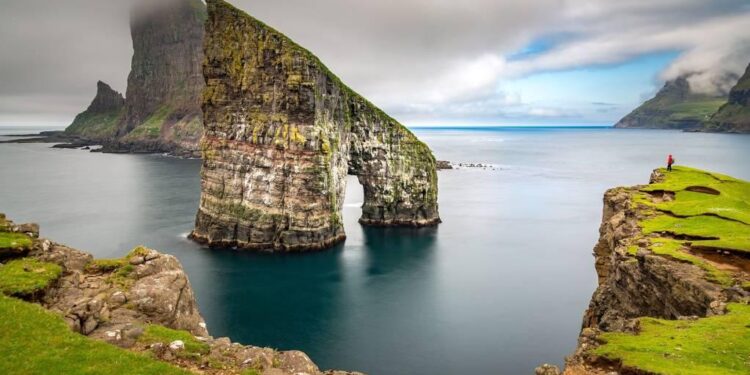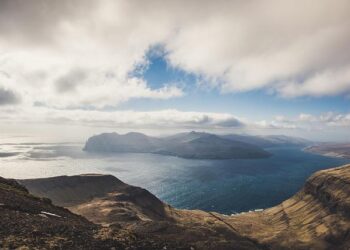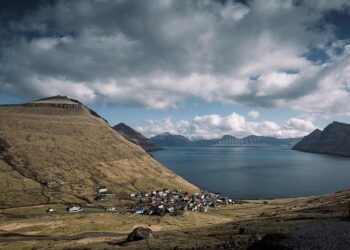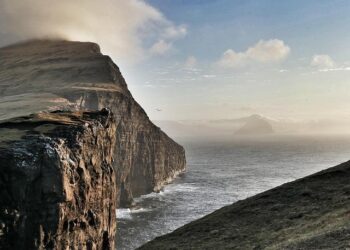Nestled in the North Atlantic, the Faroe Islands have long remained a hidden gem, a remote archipelago known primarily to intrepid travelers and nature enthusiasts. But recent developments-from upgraded infrastructure to increased global connectivity-are rapidly transforming the islands into a must-visit destination. In this article, we explore five compelling reasons why you should plan your trip to the Faroe Islands now, before the unique charm and untouched beauty of this Nordic paradise change irreversibly.
Unspoiled Natural Beauty That Defies Expectations
Few places on Earth retain such a pristine wilderness untouched by mass tourism, and the Faroe Islands boldly stand as a testament to nature’s resilience. Jagged cliffs carved by millennia of relentless waves, vast green mountains crowned with swirling mists, and endless stretches of open ocean create an awe-inspiring spectacle. Visitors are greeted by a landscape where puffins nest undisturbed, wildflowers bloom in vibrant bursts, and rugged fjords whisper stories of ancient geological transformations.
What truly sets this archipelago apart is its harmonious blend of raw terrain and subtle human presence, allowing nature to flourish on its own terms. Whether hiking through remote valleys, exploring hidden waterfalls, or simply soaking in the ethereal light that shifts with the seasons, travelers experience an authentic connection to the environment. The Faroe Islands offer:
- Untouched hiking trails that reveal panoramic views without crowds
- Rare wildlife encounters, including seabirds and coastal seals
- Pristine black sand beaches, perfect for reflection and solace
| Feature | Highlight |
|---|---|
| Cliffs | Reinebringen’s dramatic overlooks |
| Waterfalls | Mulafossur’s cascading charm |
| Wildlife | Atlantic puffins and grey seals |
Emerging Culinary Scene Showcasing Local Traditions
The Faroe Islands are swiftly transforming into a culinary destination where tradition meets innovation. Chefs across the archipelago are drawing inspiration from age-old fishing and farming customs, turning humble local ingredients into extraordinary dishes that tell the story of the islands’ rugged landscape and rich cultural heritage. From fermented fish preparations to wild bird delicacies, the menus highlight the unique flavors of the North Atlantic, presenting an authentic taste experience you won’t find anywhere else.
Visitors can expect:
- Farm-to-table dining featuring indigenous herbs and greens.
- Creative use of ocean bounty, including seaweed and shellfish.
- Revived recipes passed down through generations, given a modern twist.
- Close collaboration between fishermen, farmers, and chefs to preserve sustainability.
- Seasonal menus that celebrate the islands’ dynamic ecosystem throughout the year.
| Key Ingredient | Traditional Use | Modern Adaptation |
|---|---|---|
| Fermented Fish | Preservation & Winter Supply | Deconstructed Tapas Plates |
| S√łrv√°gur Lamb | Slow-roasted Stews | Sous-vide with Local Spices |
| Seaweed | Seasoning & Broths | Herbal Infusions & Garnishes |
Sustainable Tourism Initiatives Preserving Pristine Landscapes
In the Faroe Islands, local communities and government bodies are pioneering initiatives that ensure the archipelago’s rugged beauty remains untouched for generations to come. Efforts such as strict visitor caps on sensitive hiking trails and eco-friendly accommodations built with sustainable materials showcase a commitment to conservation. Small-scale, locally guided tours replace large commercial operators, reducing environmental impact while enriching visitor experience through authentic cultural exchanges. These thoughtful measures highlight how tourism can coexist harmoniously with nature, protecting native bird habitats and rare plant species unique to the islands.
Key sustainable practices making a difference:
- Implementation of renewable energy across tourism facilities
- Waste reduction programs aimed at “leave no trace” principles
- Community-led wildlife observation with strict disturbance limits
- Promotion of public transport and electric vehicle rentals
| Initiative | Impact |
|---|---|
| Controlled Trail Access | Preserves vulnerable flora and soil integrity |
| Renewable Energy Use | Reduces carbon footprint by 40% |
| Local Guide Programs | Supports economy and educates visitors |
| Waste Management Policies | Minimizes pollution and littering |
In Summary
In conclusion, the Faroe Islands stand at a pivotal moment-offering unparalleled natural beauty, rich cultural heritage, and an authentic experience that’s increasingly under threat from growing tourism and environmental changes. Whether it’s the dramatic landscapes, unique wildlife, or vibrant local communities, these islands beckon travelers seeking something truly extraordinary. Acting now not only ensures a memorable visit but also supports sustainable tourism efforts aimed at preserving the Faroe Islands for future generations. As the window of opportunity narrows, there has never been a better time to explore this hidden gem before it transforms beyond recognition.















